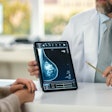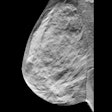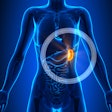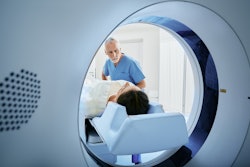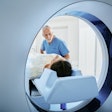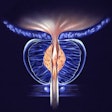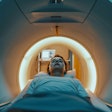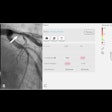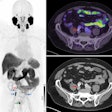More in Home
The epidemic of decision paralysis
October 21, 2025
Global survey pinpoints key trends in spectral CT
October 20, 2025
Abnormal CT-FFR results translate to up to 7 years' cardiac risk
October 20, 2025
Transgender breast care emerges as priority for radiology
October 20, 2025
Hot shots from Istanbul: Report from ESNR 2025
October 17, 2025
Breast CT gains clinical momentum in Europe
October 16, 2025
Belgian study shows AI's promise in coronary ischemia
October 15, 2025
AI on the Aegean: EuSoMII congress comes to Crete
October 14, 2025
AI fracture detection tools tested head-to-head
October 13, 2025
PSMA-PET/CT may replace NaF-PET/CT in advanced prostate cancer
October 13, 2025
What's the link between assisted reproduction and breast cancer?
October 10, 2025
Page 1 of 61
Next Page